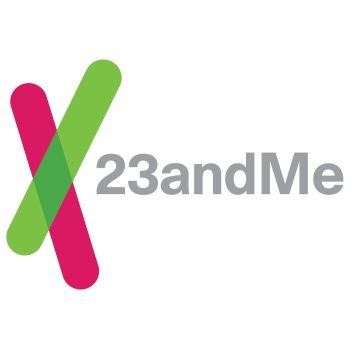
The Genetic Alliance, a nonprofit health advocacy organization, is asking for support to expand people’s right to their own health information by giving them direct access to their clinical laboratory test results.
23andMe supports this position and several of our employees are signing-on to a letter the organization has put together advocating the rule change. If you agree, we’d like to encourage you to sign as well.
Here’s a few reasons why:
We believe people need quick and convenient access to test results so they can better manage their own health. We believe people should have the same right to access their lab results as they do to their other medical records. And we believe that by giving people a simple way to access these records, it will improve the level of care and produce better health outcomes.
This proposed change is a long time coming. About a year ago, 23andMe submitted comments along with more than 150 others to the Department of Health and Human Services about a proposed federal rule change (CMS-2319-P) that amends the current quality standards that are part of the Clinical Laboratory Improvement Amendments of 1988 – known as CLIA. The change specifies that, upon a patient’s request, the laboratory must provide access to completed test reports.
These changes are part of a series of reforms governing access and privacy around health records. About a dozen years ago, changes were first made that gave people access to their health information. Another change made a few years later gave people the right to obtain those records electronically, but because of a fluke in overlapping regulation, the rules didn’t apply to laboratory test results.
In addition to that rule, another related to Medicare and Medicaid only permitted the release of lab results to “authorized persons,” a term that doesn’t include patients themselves. The proposed change will correct these quirks in the law and give people the access to all their health records.
Beyond the fact that a person should have the right to their own health information, there are a lot of other very good reasons for access. We’ve mentioned a few already, but the Genetic Alliance’s detailed letter gives plenty more including: saving money by avoiding redundant testing; giving patients the ability to quickly access this information in an emergency; and preventing harm by informing people of issues they might not have learned without access to their test results.
We invite anyone else who supports this guarantee for access to their clinical laboratory test results to sign on. If you or your organization wish to sign onto the letter below, send your name, credentials if applicable, title and organization to: Barbara Wilkinson <bwilkinson@geneticalliance.org
Thank you.